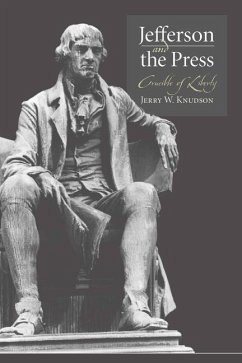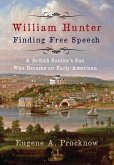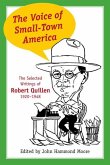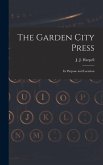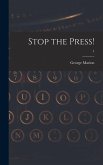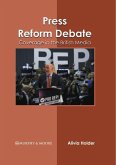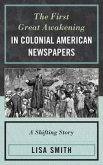With the exception of Abraham Lincoln, no president prior to the twentieth century has been more vilified by the U.S. news media than Thomas Jefferson. Jefferson and the Press demonstrates the power of the press in the early years of the Republic. Four-fifths of the young nation's 235 newspapers were Federalist, but, as Jerry W. Knudson explains, the minority Republican newspapers combated these odds through direct invectives and vehemently candid editorials. Knudson details the editorial responses of four Federalist and four Republican newspapers in wide circulation to six major episodes of the Jeffersonian era: the election of 1800-1801, the return of Thomas Paine from revolutionary France, the Louisiana Purchase, the Hamilton-Burr duel, the impeachment of Supreme Court Justice Samuel Chase, and the economic embargo of 1807-1809. Rocked by domestic scandals, the American nation read accounts in Federalist papers that demonized Jefferson and in Republican papers that lauded the president's achievements. Knudson profiles the men projecting these radically different views--savvy editors who embraced their ability to channel public opinion and who often became famous personalities in their own right, including Samuel Harrison Smith of National Intelligencer in Washington, D.C., and William Duane of Philadelphia's Aurora. He shows these editors to have been sophisticated political "scribblers" who fearlessly printed what they thought with bluntness and ferocity that might shock even twenty-first-century readers. Concerned with how these charged verbal skirmishes in the press both molded and reflected public opinion, Knudson reveals the power, abrasiveness, and polarizing effects of a freebut quite partisan press as the only source of public information during the young nation's first major shift in leadership. Diverging from accepted views, he frames his argument to illustrate that newspapers reached their height of influence and malevolence during Jefferso
Hinweis: Dieser Artikel kann nur an eine deutsche Lieferadresse ausgeliefert werden.
Hinweis: Dieser Artikel kann nur an eine deutsche Lieferadresse ausgeliefert werden.

